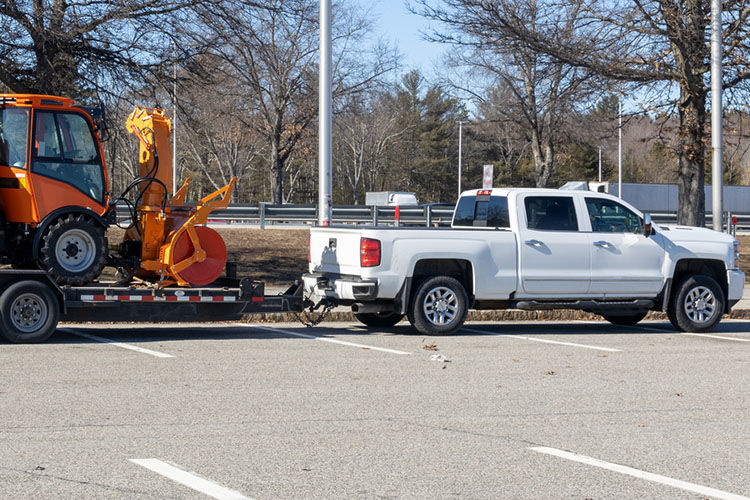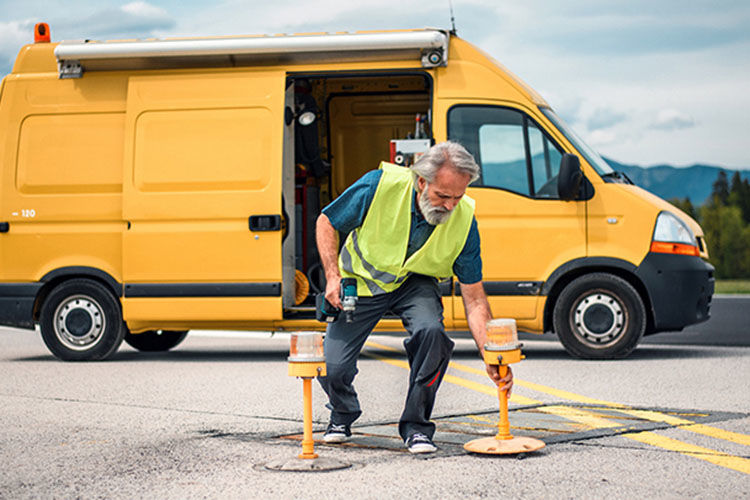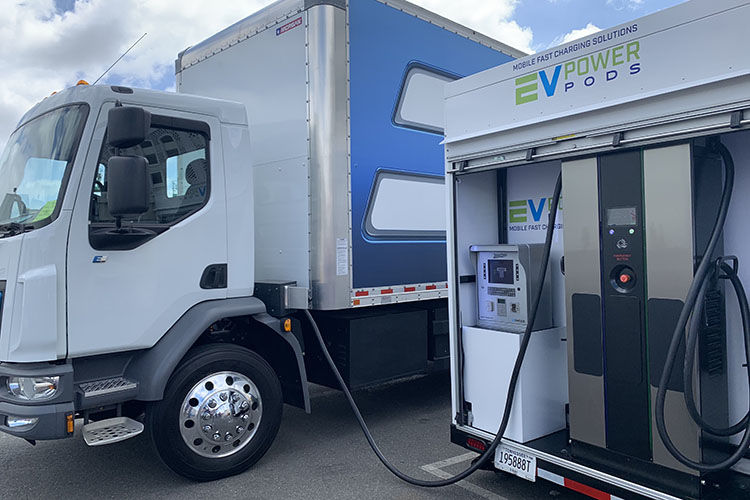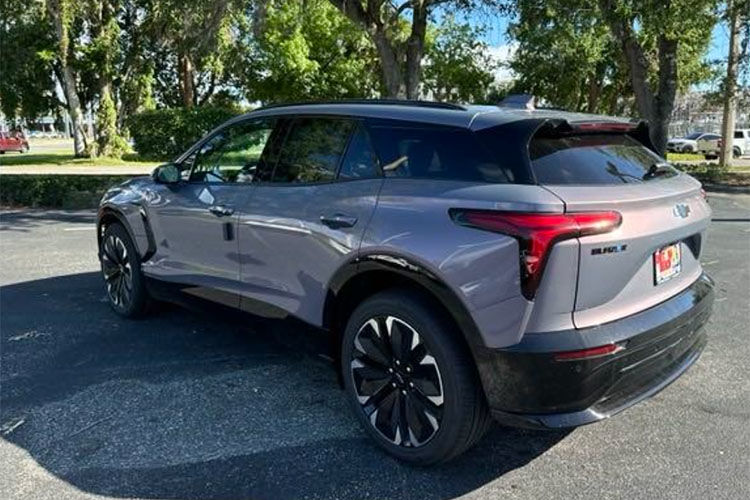The Future of the Commercial Vehicle Industry in the Net-Zero Era

The Future of the Commercial Vehicle Industry in the Net-Zero Era
As we consider the future of the commercial vehicle industry, it is clear that we are on the cusp of a new era. The future of commercial vehicles will be shaped by several factors, including the increasing demand for last-mile delivery and technological advancements.
However, one commonality within the dynamic field of commercial transportation is the inevitable move toward net-zero emissions.
As environmental concerns comprise an ever-critical cornerstone of societal and political discourse, the commercial vehicle industry stands at the crossroads of change. U.S. federal mandates and California's trailblazing regulations, such as the Advanced Clean Trucks regulation, Advanced Clean Fleets regulation, and Clean Transportation Program, are testaments to this shifting paradigm. They also inspire similar policies throughout the country, shaping a national landscape undergoing a revolution.
Challenges to the Adoption of Net-Zero Vehicles
The road to all things green and gleaming with zero emissions is a path paved with challenges. Key hurdles include:
- The rapid pace of technological change, which is both promising and yet not fully matured.
- Lagging standardization across technologies and infrastructure.
- Unclear environmental impact assessments causing skepticism among potential adopters.
- Downtime and maintenance concerns that arise with new vehicle types.
- High initial investment and an often unclear total cost of ownership (TCO), leading to hesitancy among potential buyers.
Overcoming adoption anxiety can be facilitated by:
- Clear, useful information that galvanizes confidence, adapted to every stage of the buyer's journey.
- Platforms like Comvoy.com, which provide detailed features of net-zero vehicles that are currently available, and also offer a seamless bridge to vehicle sellers, catalyzing action.
The Diverse Paths to Decarbonization
The complex nature of fleet operations indicates that the path to green fleets will be just as multifaceted as the usage models involved. Factors such as distance, cargo requirements, and fleet size help discern the most efficient and sustainable technologies suitable for each unique business application.
We must acknowledge that decarbonization will not be accomplished with a one-size-fits-all solution, but with several dynamic, tailored ones.
Delve deeper into these topics by watching the following conversation between Kathryn Schifferle, founder and chief vision officer at Work Truck Solutions, and Greg Brink from J.D. Power, as they explore these crucial issues.
SHOP ADVANCED FUEL VEHICLES NOW
PREVIOUS ARTICLEThe Ultimate Guide to Renting, Leasing, or Buying Commercial Trucks
NEXT ARTICLE Exploring Your Fleet EV Charging Options


 Easing Into a Zero-Emission Commercial Vehicle Fleet: How One Hydrogen Truck Can Start a Revolution
Easing Into a Zero-Emission Commercial Vehicle Fleet: How One Hydrogen Truck Can Start a Revolution Exploring Practical Options To Lower Your Construction Fleet's Carbon Footprint
Exploring Practical Options To Lower Your Construction Fleet's Carbon Footprint Class 2b-3 Commercial Vehicles: Where We Are and Where We’re Going
Class 2b-3 Commercial Vehicles: Where We Are and Where We’re Going Propane Powers the Future of Fleet EV Charging
Propane Powers the Future of Fleet EV Charging Electric SUVs: The Overlooked Asset for Your Commercial Fleet
Electric SUVs: The Overlooked Asset for Your Commercial Fleet





